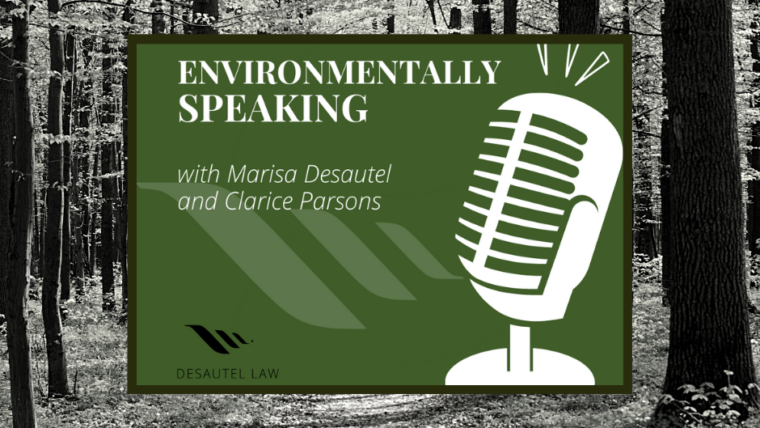Imagine this: you bought a piece of property with a nice home on it about thirty years ago. You thought you owned a few acres based on the tax assessor’s map, so you didn’t hire a land attorney. You then went about your business for years, tending to your yard and leaving the wooded acreage alone for tranquility’s sake. Now, you’ve received notice that there is an action to clear title to a nearby property.
A land attorney reaches out to you to explain the following: one of your neighbors is claiming acreage adjacent to your home, and you did not know you owned part of the land in question but you do. There was a mistake on the tax assessor’s map. Thus, you were silent while you watched the neighbor clear some of the woods and develop a subdivision because you relied on the tax assessor’s map, mistakenly believed you did not own that land, and hadn’t consulted a land attorney when you bought your property.
Surprisingly (or not, for some), the R.I. Supreme Court just upheld a decision by the Superior Court based on these facts. A man named Francis Carroll had, in the 1980s, enjoyed perusing the land evidence records and tax rolls in Little Compton and having his land attorney deed orphaned properties from Francis to Francis and his wife. He then recorded the deeds in the land evidence records. After recording, he and Mrs. Carroll put up ‘no trespassing’ signs, paid the property taxes to the town, cleared the land, and other activities. Then, Mrs. Carroll filed a claim to quiet title in court, which would declare her the owner of the land.
Adverse Possession in Rhode Island
The case was based on a legal property claim called adverse possession, a law which allows a trespasser to gain possession of a property if they continue to occupy it. Under certain circumstances, these trespassers are successful.
Each state’s rules are a bit different, but in Rhode Island, R.I. General Laws § 34-7-1 contains the adverse possession claim requirements. A land attorney is more than aware of these claims, as they come up often enough. Many get settled before a trial is necessary. A rule developed from cases that did go to court, however. A person claiming title via adverse possession must prove “actual, open, notorious, hostile, continuous, and exclusive use of property under a claim of right for at least a period of ten years.”
Case law in Rhode Island further elaborates on each element of this rule and what one must prove by clear and convincing evidence. The R.I. Supreme Court’s decision means that Mrs. Carroll is the owner of the land, despite the contesting by the original owners.
The Trespasser can Win
The opinion in the case, as with any case, will lay out the analysis of each element and the facts that support the opinion of the court. Frank and Mrs. Carroll had absolutely met the ten-year requirement, for example, since it had been quite some time since they had occupied the land for more than ten years. Unfortunately, if the original owners (or a land attorney, had they hired one) looked into this before the ten-year period had been established, the original owners would have been able to keep their land and force Mrs. Carroll out.
Whether you’ve just bought your new home or property, or you’ve already run into these issues, call us to discuss your options. We can assist you regarding your land and assessing where the boundary lines truly are. Call us today at 401.477.0023.


